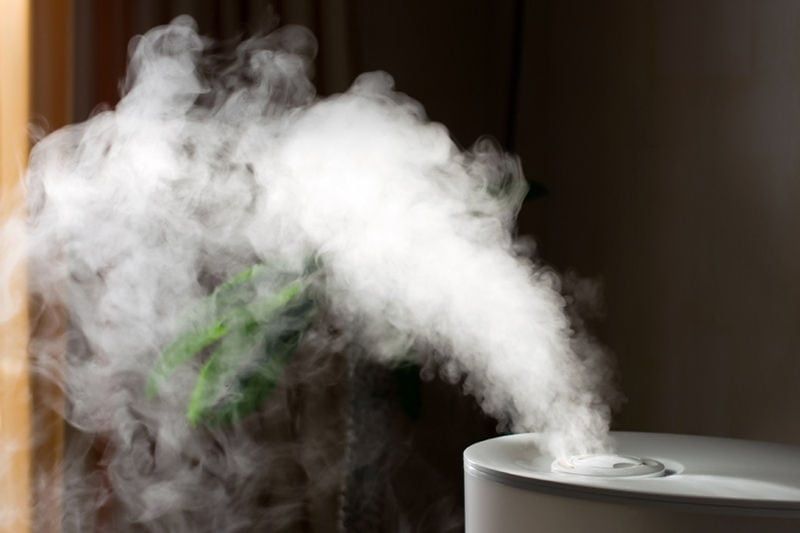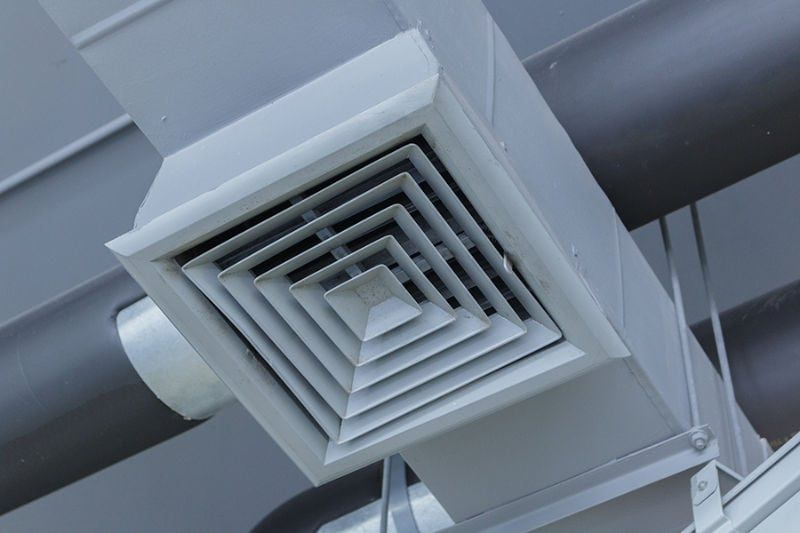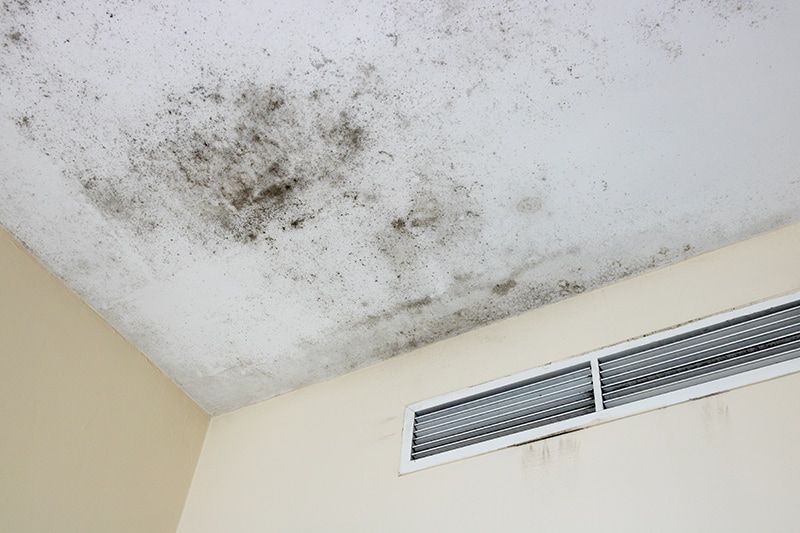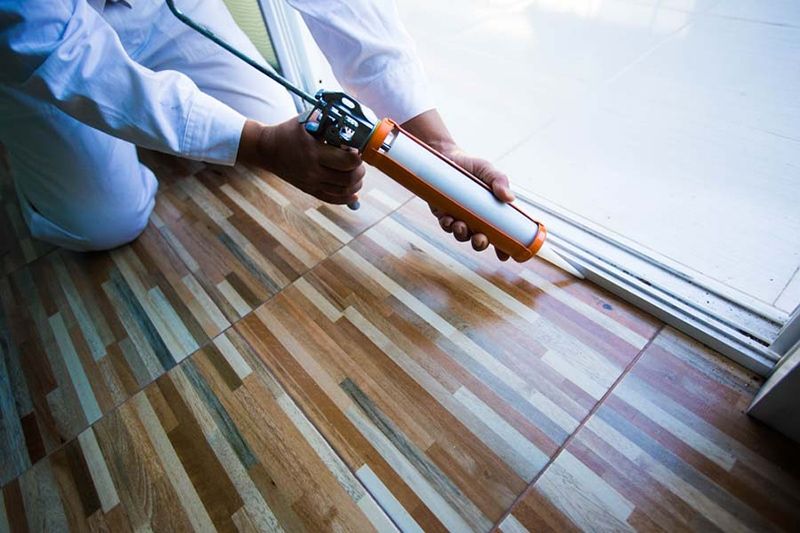Why Do I Need a Humidifier in the Fall?
In many places, evidence of fall’s presence is obvious by way of beautiful fall colors. But many only experience fall with its subtlety through lower humidity levels.
No matter which way you experience it, one thing is evident in them all––fall brings drier air. The cooler air simply can’t hold as much moisture as warm air, resulting in the dry air. While it can make for crisp mornings for walking, the lack of moisture in the air can also take its toll on you, your home, and your overall comfort.
That’s why we at ACS Air Conditioning Services recommend a humidifier for your home, especially for the cooler months. It helps to maintain the necessary humidity in your Marana home, making everything, including you, run as it should.
Which Type of Humidifier?
There are several types of humidifiers out there, but essentially they boil down to either a whole-house humidifier or a portable humidifier. The whole-house humidifier attaches to your furnace and the fan blows across the humidifier pad, which is hooked up to a water supply, sending the moisture throughout your home via the ducts. This type of humidifier benefits your whole house at once.
A portable humidifier is exactly that. It’s a smaller humidifier that’s portable—you can put it exactly where you need it in a room. It benefits one area at a time. At ACS Air Conditioning Services, we prefer a whole-house humidifier as the benefits are more comprehensive at once. But we encourage you to call and speak with one of our professionals to assess which type would work best for you and your home.
Protecting Yourself
The ideal humidity level for a home is between 30 and 50 percent. When and if your Arizona home’s humidity drops below 30 percent, you’ll definitely have noticeable issues, especially when it comes to your body. It’s best to monitor your home’s humidity level to protect yourself.
Some of the most prevalent negative issues have to do with your breathing and skin. Lower humidity levels affect your home’s indoor air quality (IAQ). With decreased indoor air quality, if you or anyone in your home suffers from allergies or asthma, you’ll notice more breathing problems. According to the Mayo Clinic, humidifiers may help ease breathing problems for those with allergies or asthma, especially children.
Also, though many people think the increase in spreading of germs and bacteria through the cooler weather is due to the lower temperatures, the cause is actually more-susceptible body membranes. Germs and bacteria actually spread less in cooler weather because there’s less moisture in the air in which for them to travel. But due to that same lack of moisture, the body’s membranes are drier and crack, thus making them more receptive to these alien body invaders.
With proper home air humidity, you’ll suffer less bouts of colds, flu, and viruses in general. Your skin will also be properly hydrated, resulting in less dry, cracked skin and the issues that can result.
Protecting Your Home
Just like your body, your home’s contents need protecting from the fall’s lower humidity. Your furniture, especially your wood furniture, needs a certain level of moisture to maintain its beauty and proper function.
With drier air, wood furniture will dry out and crack. You may notice your home’s woodwork and trim cracking or separating from your walls, ceilings, or floors. This could be due to lower humidity.
The same issue can affect your home’s systems and electronics. To run smoothly and properly, certain air conditions need to be met. Too dry of air can sometimes be as damaging as too moist of air.
Increasing Your Comfort
Along with protecting you and your home, humidifiers simply add to the overall comfort in your home. Humidifiers help you sleep better at night. Have you ever woken up with a nosebleed, dry throat, or a cough? These are all symptoms of dry air. The too-low humidity dries out your nasal passages while you’re sleeping, causing interruptions in your night’s sleep. Putting the humidity where it needs to be will allow you a comfortable night’s sleep, making your day that much better.
Another way a humidifier can increase your comfort at home is eliminating static electricity. Getting a small zap, known as electrostatic discharge (ESD), every time you touch something in your home can be unpleasant and annoying. But did you know it can also cause damage to your home’s electronics? Again, a home humidifier can take care of that uncomfortable issue as well.
Contact Us Today
Maintaining your home’s humidity is important for many reasons, especially as the weather shifts to cooler temperatures. While it definitely increases your home’s comfort, it has more far-reaching advantages—protecting both you and your home. If you don’t currently have a humidifier in your home, or if you do and are still noticing any of the issues described above, call 520-230-5668 or request service online and speak with one of our ACS Air Conditioning Services professionals today. We want to help you make your Marana, AZ, home the best it can be.









